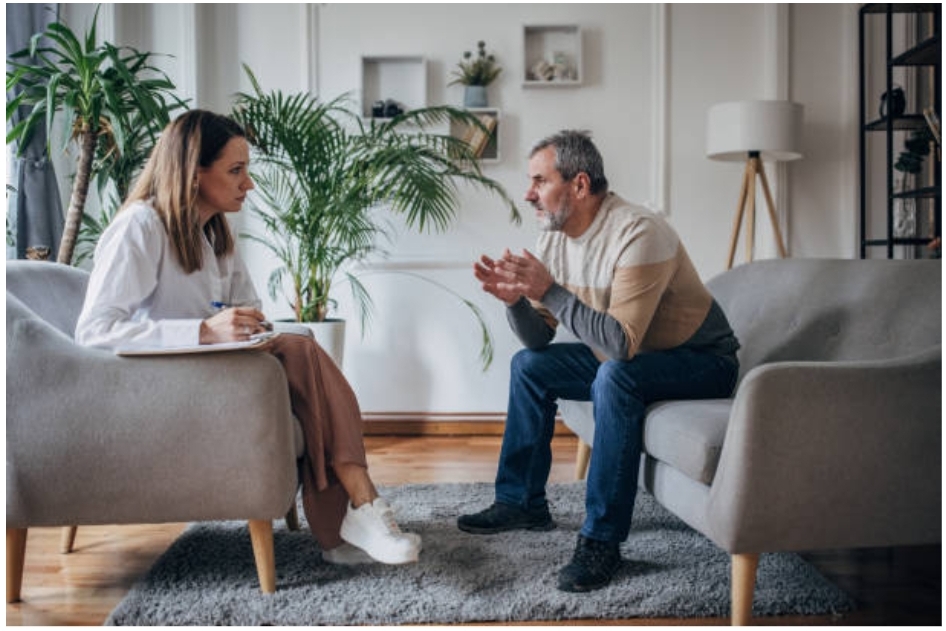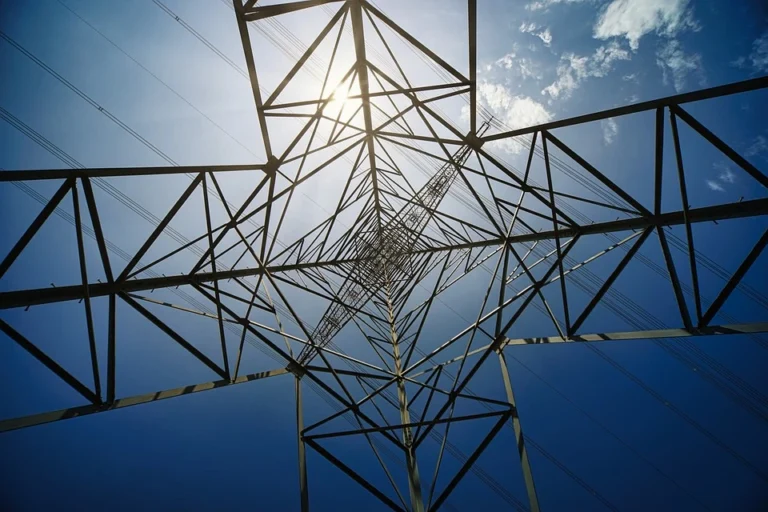What Are the Unique Challenges in Therapy for South Asian LGBT Individuals?
The process of therapy for South Asian LGBT individuals is intricate and diverse, encompassing cultural, social, and psychological complexities. Being aware of these barriers is crucial for therapists to deliver competent care with sensitivity.
This article will scrutinize the obstacles encountered by this group in therapy while emphasizing on culturally adept practices that are imperative. Furthermore, we will utilize the notion of “Being Boundless” as a reference point to showcase how it can eradicate hindrances leading towards an overall sense of wellness.
Cultural Stigma and Family Expectations
When it comes to therapy, South Asian LGBT individuals encounter a major obstacle in the form of deep-seated cultural biases against non-conforming sexual identities. For generations, traditional beliefs and societal standards across much of South Asia have placed overwhelming importance on heterosexual relationships as well as strictly enforced gender norms that emphasize traditional roles for men and women. Consequently, embracing one’s Boundless identity becomes an act of rebellion against these narrow expectations – albeit a challenging road fraught with difficulties.
In South Asian cultures, family expectations exert a substantial influence on individuals’ lives. The importance of the familial unit is such that conforming to societal and domestic standards holds considerable weight. LGBT persons may experience anxiety over the prospect of revealing their sexual orientation or gender identity fearing rejection, shame, or even physical harm from kinship networks. Coping with this dread can trigger intense emotional turmoil and hinder an individual’s eagerness towards therapy-seeking efforts.
Mental Health and Internalized Homophobia
South Asian LGBT individuals may experience severe mental health issues due to the societal homophobia that they internalize. These negative feelings can manifest as self-hatred, guilt, and shame which worsen their sense of isolation and depression. Therefore, addressing these deep-seated emotions in therapy necessitates a nuanced comprehension of the cultural background and how homophobia affects South Asians uniquely.
In therapy, embodying a Boundless mindset encompasses dismantling clients’ internalized biases while promoting self-acceptance and pride. Achieving these objectives entails confronting deeply ingrained notions and swapping them out with affirming and empowering narratives.
Lack of Representation and Culturally Competent Therapists
One more major obstacle is the absence of South Asian LGBT individuals’ representation and culturally proficient therapists who can comprehend their specific requirements. The therapists lacking knowledge about South Asian cultural subtleties may unconsciously strengthen biases or neglect crucial elements concerning the client’s encounters.
To provide culturally competent therapy, therapists must acknowledge the distinctive cultural heritage of their clients and incorporate this comprehension in the therapeutic approach. For instance, as a Boundless therapist, one should be open to learning about South Asian cultures and attentively hearing out their clients’ encounters while fostering an environment that is secure and all-embracing for them.
Intersectionality of Identities
LGBT people of South Asian descent are frequently confronted with the complexity of having multiple identities that overlap, such as race, ethnicity, sexual orientation, gender identity and religion. The coexistence of these factors can intensify difficulties during therapy sessions. As an example, a person may encounter discriminatory treatment based on their racial background in LGBT groups or face hostility because of their sexuality within South Asian societies- resulting in feelings towards not fitting into any community entirely.
In therapy, embracing Boundlessness involves acknowledging and affirming the various intersecting identities of a client along with their distinct challenges. A holistic approach is necessary where therapists take into account all dimensions of the individual’s identity and how these factors influence their encounters in life.
Religious and Spiritual Beliefs
Religion and spirituality are fundamental aspects of numerous South Asian societies. Nonetheless, LGBT identities often receive condemnation from religious teachings which can result in considerable internal conflict for gay persons who also identify as religiously observant within the South Asian community. Such individuals may experience difficulty reconciling their sexual orientation or gender identity with their faith leading to emotions such as guilt and spiritual anguish.
To successfully tackle these conflicts during a therapy session, it’s crucial to handle them delicately while acknowledging the client’s values. Embracing Boundlessness in this situation entails creating an environment where clients feel comfortable delving into their spirituality and discovering methods for blending their beliefs with who they truly are. Counselors can assist individuals in seeking out supportive religious groups or cultivating individualized spiritual routines that validate every aspect of themselves.
Community and Social Support
The mental well-being of LGBT individuals is highly dependent on social support. Nevertheless, South Asian LGBT persons are frequently subjected to exclusion and discrimination by both their cultural communities as well as the wider LGBTQ+ community. This twofold marginalization can result in intense emotions of seclusion and loneliness.
To be Boundless during therapy, one must assist clients in constructing a supportive network that validates their sense of self. This could entail linking them with South Asian LGBT organizations, virtual communities, or advocates who comprehend and appreciate their cultural and sexual orientation. Motivating individuals to locate or establish areas where they can express genuine versions of themselves is an essential aspect of the therapeutic journey.
Visibility and the Process of Coming Out
For South Asian LGBT individuals, the act of disclosing their sexuality can be an especially challenging process. The apprehension of bringing dishonor to their family or losing connections with cultural roots can create a formidable hurdle when considering opening up about one’s identity. This anxiety is frequently intensified by the fact that being openly LGBTQ+ may not always be respected or comprehended within South Asian societies leading to exclusion from community members and social strata alike.
As part of Being Boundless, and the Boundless philosophy, therapists have a responsibility to facilitate clients’ coming-out journey on their own terms and in an environment that promotes comfort. This involves empowering each person to prioritize their personal well-being and authenticity while navigating decisions surrounding public versus selective disclosure or maintaining privacy about their identity altogether. It is vital for therapists to respect individual autonomy throughout this process by cultivating non-judgmental spaces for exploration as they work towards self-discovery.
Language Barriers and Communication
Therapy can present an extra obstacle for South Asian LGBT persons due to language barriers. Insufficient linguistic support and absence of culturally appropriate vocabulary relating to LGBT matters may impede effective interaction and comprehension between the therapist and client.
In therapy, achieving Boundless outcomes requires overcoming communication barriers by utilizing resources such as interpreters, bilingual therapists or culturally relevant materials that align with the client’s experiences. Providing a sense of being heard and understood in one’s native language can greatly improve therapeutic progress and strengthen rapport between therapist and client.
Navigating Immigration and Legal Issues
Immigration and legal obstacles may confront numerous South Asian LGBT individuals, especially those who are undocumented immigrants or seeking asylum. These people might have fled their native nations owing to discrimination on account of their gender identity or sexual orientation and could still encounter administrative hurdles in the countries that host them.
To effectively assist these clients, therapists must possess comprehensive knowledge of immigration legislations and available resources to actively guide them through intricate procedures. Embodying Boundless in this context involves championing the client’s entitlements while facilitating their entry into legal bindings and societal provisions that promote their wellbeing and safety.
Conclusion
Culturally competent and empathetic strategies are necessary for effectively providing therapy to South Asian LGBT individuals who face distinct obstacles. Factors such as cultural stigma, familial pressures, internalized homophobia, and intersectionality of identities must be comprehensively understood. A comprehensive approach involves navigating the intricacies of religious beliefs and spiritual conflicts in addition to developing social support networks through various stages including coming-out processes while concurrently addressing linguistic barriers or immigration/legal issues crucially integral components of holistic care
Being Boundless is a fundamental tenet of therapy that inspires therapists and clients to liberate themselves from restrictive mindsets and social norms. Through cultivating an atmosphere of acknowledgement, empowerment, and comprehension, the therapeutic process can assist South Asian individuals who identify as LGBT in attaining emotional stability while embracing their true selves. Although it may be complicated at times, with suitable assistance and provisions these individuals could navigate challenges particular to them whilst discovering contentment through self-acceptance within community belongingness.







